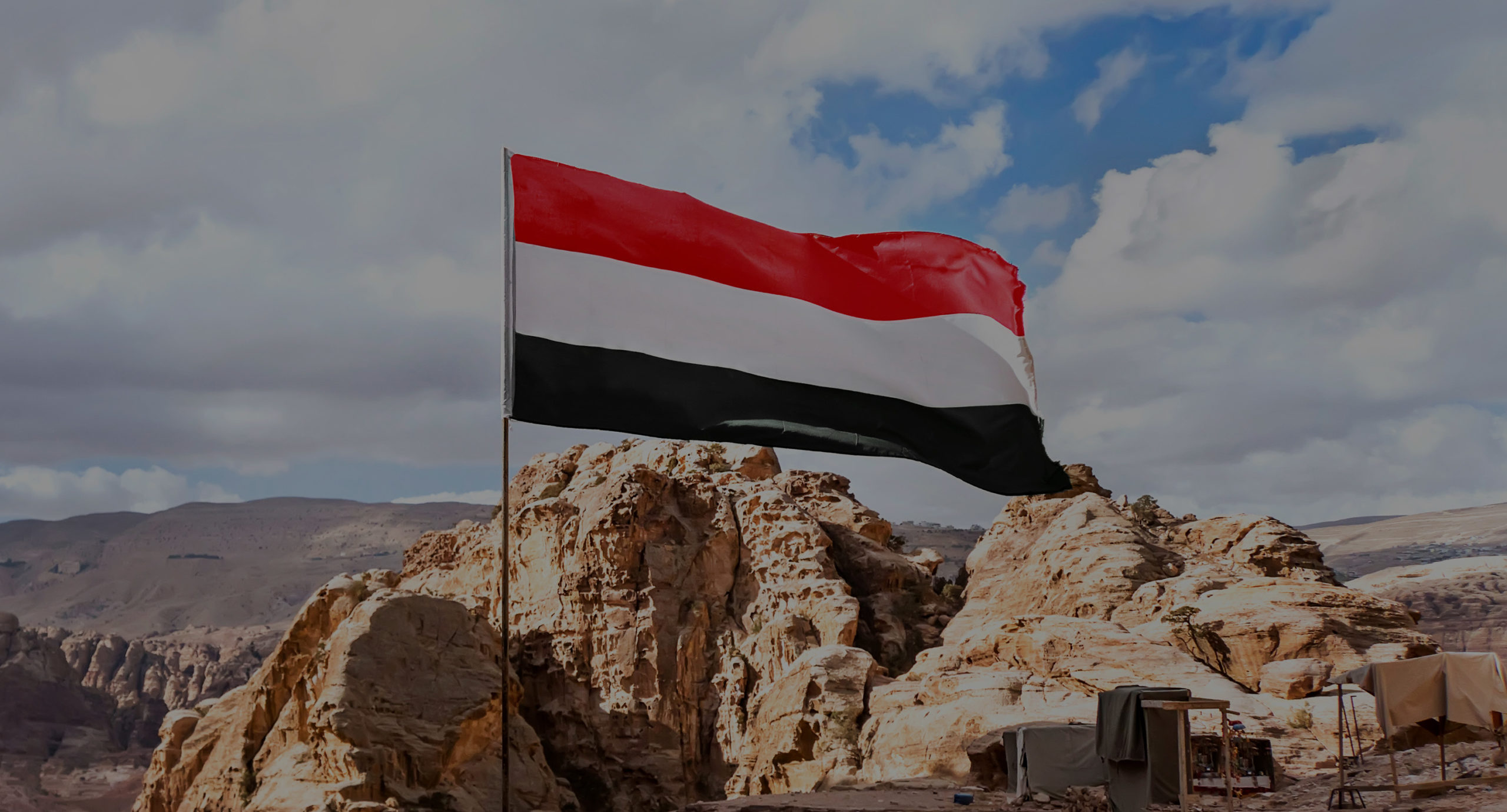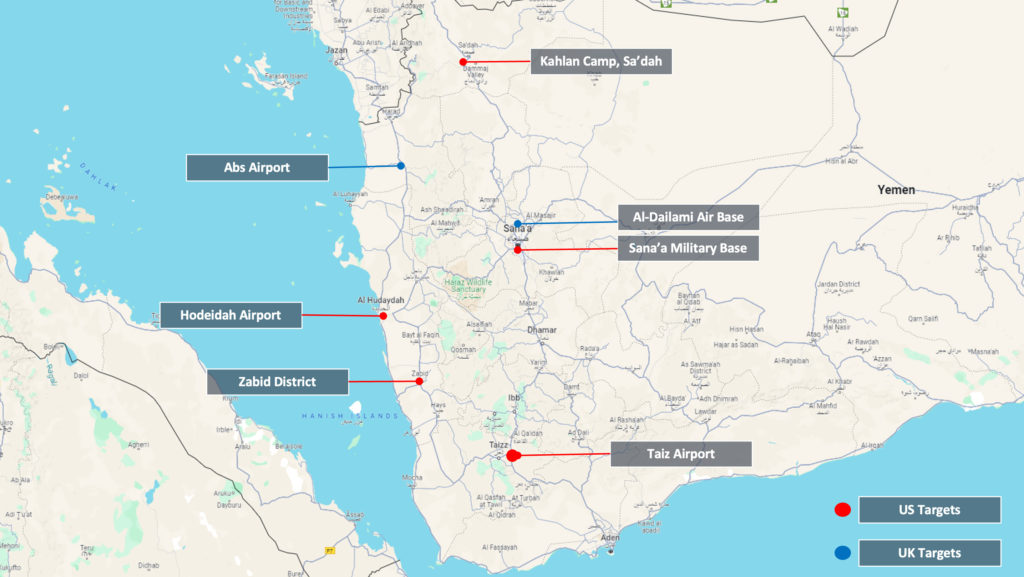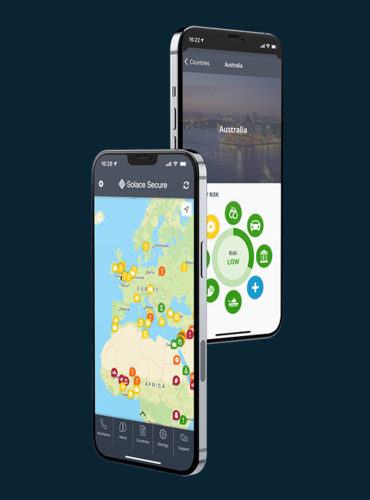Alert Plus: US and UK launch air strikes on Houthi targets in Yemen

Current Situation of US and UK air strikes in Yemen
Intelligence cut off time 15:00 GMT 12th of January 2024
On the 11-12 January, US and UK aircraft and warships conducted at least 70 strikes on multiple military targets in Houthi-controlled Yemen. Reports indicate that over 100 precision guided munitions were fired on at least 16 Houthi locations. This includes a military base adjacent to Sanaa airport, a military site near Taiz airport, a Houthi naval base in Hodeidah and military sites in Hajjah governorate. Houthi’s stated that five of the group’s fighters were killed in the strikes with six others wounded.
The US Secretary of Defense, Lloyd J. Austin III, released a statement indicating that targeted strikes were conducted on sites associated with unmanned aerial vehicle’s (UAV), ballistic and cruise missiles, and coastal radar and air surveillance capabilities.
Majority of the firepower came from US jets, with the US having the aircraft carrier USS Dwight D Eisenhower already in the Red Sea, as well as air bases in the region. US Navy warships also fired Tomahawk land attack cruise missiles (LACMs), which are GPS-guided and can be programmed to fly evasively. The UK contributed by sending four RAF Typhoons from Akrotiri, Cyprus, carrying Paveway IV guided bombs.

Houthi Response to UK and US Air Strikes in Yemen
In response, the Houthis have stated that they are not deterred by the attacks. The group’s leader, Mohammed al-Bukhaiti, stated that the US and UK would “soon realise” the action was “the greatest folly in their history”. Hezbollah, Hamas, and the Palestinian Islamic Jihad responded by saying that the strikes show Washington and London’s support for Tel Aviv and that the West are now responsible for the subsequent impact on the region’s security. Iran also responded forcefully, expressing that the strikes were a breach of international laws. Saudi Arabia and Jordan did not condemn the attacks but did call for restraint. Several Western nations supported the operation as an attempt to restore the free flow of trade and deter further Houthi attacks.
Who is Behind The Houthi Movement?
The Houthi Movement is an Iranian aligned group that controls much of Yemen after nearly a decade of civil war against a Western-backed and Saudi-led coalition. The two sides are currently observing a tentative ceasefire that officially ended in late 2022 but has remained in place to the current day.
Following the outbreak of the Hamas-Israel conflict, the Houthi’s emerged as a strong supporter of the Palestinian Islamist group. The Houthis began attacks on shipping between the Gulf of Aden and the Red Sea in December 2023, claiming to target vessels linked to Israeli persons, businesses, and interests.
However, this route, which links Europe and Asia and Africa via the Suez Canal, accounts for roughly 15 percent of the world’s shipping traffic. The attacks have forced some shipping companies to limit transits through the waterway, or even cease operations altogether, instead taking the longer route around southern Africa. This has significantly disrupted international commerce, increasing delivery costs and time, stoking fears about a global inflation.
US response to Houthi Attacks on 9th January 2024
In response to the Houthi attacks, the US launched Operation Prosperity Guardian alongside several allies, which aimed to end the blockade and counter all threats by Houthi forces against international maritime trade. The operation was defensive in nature, destroying only missiles launched at vessels with no pro-active strikes conducted. The Houthis continued to fire at merchant vessels, as well as allied naval vessels, dismissing warnings from Washington and London. Then on 9 January, US and British warships shot down 21 drones and missiles, repelling the largest Houthi attack so far.
How will UK and US airstrikes in Yemen affect global stability?
It is highly likely that the Houthi’s largest attack to date on 9 January was the trigger that surpassed the US-UK threshold. While international prices have yet to see a significant impact, Operation Prosperity Guardian was not working as a deterrent. It is highly likely that more extensive, continued Houthi action would force more merchant vessels away from the Red Sea, almost certainly disrupting maritime trade, therefore increasing consumer prices and shortages.
What course of action will the Houthi’s take to retaliate?
In the immediate aftermath, the Houthi’s are highly likely to increase their attacks on commercial and military vessels in the region in retaliation. However, it is likely that their ability to launch missiles and drones has been degraded. Should the Houthis sustain their attacks, it is almost certain that the US and UK will continue their strikes on targets within Yemen. It is also highly likely that the group will be re-designated as a terrorist organisation if they continue. This would have a significant impact on the peace process to end the Yemeni Civil War between the Houthi’s and the Saudi-led coalition, which has continued to progress despite regional tensions.
A breakdown of the process would almost certainly see a resumption of hostilities between the two sides, with locations within Saudi Arabia and the United Arab Emirates likely becoming viable targets for the Houthi’s as evidenced by their previous attacks.
Will the UK and US involvement spark conflict with the Middle East?
Across the Middle East, it is highly likely that Houthi’s allies and other Iranian proxies start to act in solidarity with the group. These groups will almost certainly view the attacks as Western support for Israel.
It is almost certain that Popular Mobilisation Forces (PMF) in Iraq and Syria will continue to target US military bases across the region. It is also likely that the frequency and scale of these attacks will increase considerably. There is a realistic possibility that US military locations that have not been targeted yet in Kuwait, Saudi Arabia, and the UAE, are targeted.
Hezbollah will likely continue to focus its attacks on Israel, however an attack on the US cannot be ruled out. While still unlikely, the US and UK strikes on Yemen have increased the likelihood of a wider conflict developing in the Middle East, as well as the West entering a proxy war with Iran. This eventuality would highly likely take focus away from the conflict in Gaza, almost certainly intensifying the humanitarian situation.
Travel Risk Advice
- Avoid all non-essential travel to Yemen.
- Anyone operating in the region should monitor events from a reliable source in case of a major escalation.
- Key military and political infrastructure inside Sana’a are very likely to remain focal points for violence and demonstrations. You should be particularly vigilant in these areas and follow any specific advice from the local security authorities.
- Avoid US and UK embassies or consulates across the region as these will likely be the epicentres for demonstrations.
- If air-raid or rocket warning sirens are sounded, seek secure shelter immediately, ideally in a purpose-built shelter. If in a building when sirens are sounded, head to a secure room, stairwell or inner room. Close all windows and doors, stay in shelter for ten minutes after the siren ends.
- If hostilities resume between the Houthis and the Saudi-led coalition, key civilian and military installations in Saudi Arabia and the UAE will likely become targets. Avoid these locations if not essential.
- Previous Houthi attacks have targeted major airports. Ensure alternative travel plans have been prepared for, as well as all individuals having comprehensive travel insurance.
- Mariners in the region should proceed with extreme caution, maintaining contact with port and shipping authorities at all times.
- Always follow all instructions and orders from security forces. Where possible, avoid areas of active conflict and remain inside a secure location away from windows.
- Ensure that you always carry personal identification documents. Consider making photocopies of important documents in case of confiscation, theft or loss.Keep these documents separated from the originals.
- Have emergency contact numbers saved on your phone. These should include the local authorities, medical facilities and any consular support. Ensure that mobile phones are charged in case of any losses in electricity.
- If caught in the vicinity of a security incident, seek shelter immediately and leave the area if safe to do so. Continue to adhere to all instructions issued by authorities and obey any security cordons in place.
- Monitor the Solace Secure platform and trusted local media for relevant updates.
More on the recent activity in the region
Houthi Attacks in the Red Sea
Since the start of the Israel-Hamas war, the Houthi Movement has supported the Palestinian cause by targeting southern Israel directly and Israeli-linked vessels on shipping routes in the Gulf of Aden, Red Sea, and the Bab-al-Mandeb.
Houthi Seizure of Merchant Vessel Galaxy Leader
In a brazen incident on 19 November, the Galaxy Leader, a Bahamian-flagged and Japanese-operated merchant vessel (IMO: 9237307), fell victim to suspected Houthi Movement militants in the Southern Red Sea.
Israel-Hamas War 2023
With the incursion into southern Israel by the Gaza-based militant group Hamas over the weekend of 7 and 8 October, this eventuality became a reality, and the region is now on the precipice of a protracted and deadly conflict.
Safegurd your journey with Solace Global
Security Services for Remote and High Risk Areas
We manage the full security lifecycle, from initial security strategy, protection on-the-ground and ongoing overwatch, with advanced risk management software to support compliance and reporting.

Solace Secure: Travel risk management software
Give your people peace of mind when they travel for work, so they remain focused on the job at hand. We mitigate risks, manage incidents if they occur, and support your people with security advice or help in a crisis. With Solace Secure you have everything you need to provide safe passage on a global scale.

Enhanced Monitoring in High-Risk or Remote Locations
An extra layer of security support can be added with our overwatch monitoring tool on Solace Secure. Our crisis response team support your travel policy protocols and keep eyes on travelling employees check in’s. Should anything go amiss, we can begin response procedures immediately.
